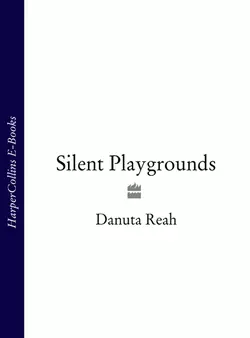Silent Playgrounds

Danuta Reah
Тип: электронная книга
Жанр: Триллеры
Язык: на английском языке
Стоимость: 1007.51 ₽
Статус: В продаже
Издательство: HarperCollins
Дата публикации: 16.04.2024
Отзывы: Пока нет Добавить отзыв
О книге: A dark psychological thriller that will hold the reader in its grip from beginning to end, Silent Playgrounds is the stunning follow-up to Danuta Reah’s highly praised debut, Only Darkness.The path through the park runs from the centre of the city into the wilds of the countryside. At weekends the area is a playground for children and walkers, but during the week it is silent and deserted.When six-year-old Lucy gets lost there one day, her disappearance sparks a chain of events leading to the murder of a young woman. Lucy tries to warn the people she cares about of the danger: she knows that there are monsters lurking in the rambling park, and she knows that they are getting closer.What should be a straightforward investigation leads DI Steve McCarthy into a web of lies and evasions, where nothing is quite as it seems and everyone seems to be hiding something. With each step forward McCarthy faces new questions, and if he is to prevent an escalation in violence, he has to find some answers – fast.